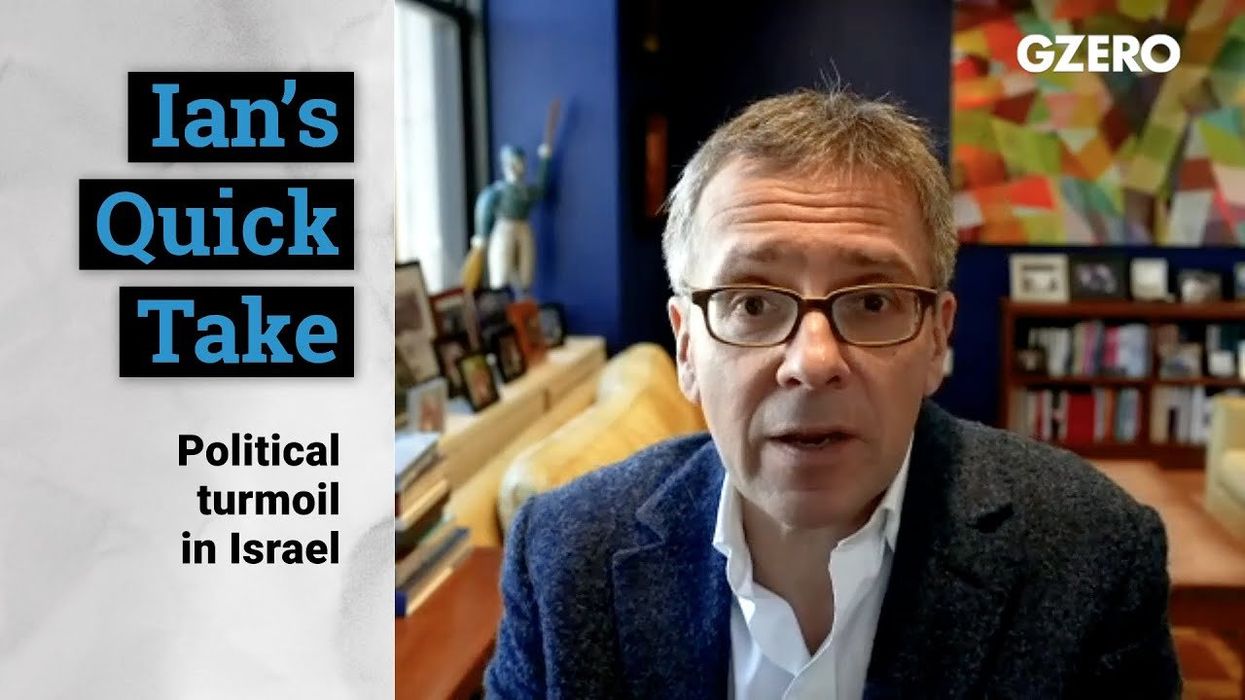ask ian
Why Netanyahu relented to protests in Israel, but France's Macron didn't
Why did Netanyahu end up backing down to protests in Israel, but not Macron in France? Should the West be worried about North Korea developing tactical nuclear weapons? China is going to break up Alibaba into six parts. What does this tell us about the state of Xi's tech crackdown? Ian Bremmer shares his insights on global politics this week on World In :60.
Mar 28, 2023



